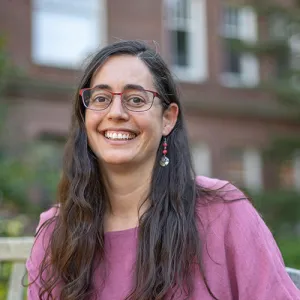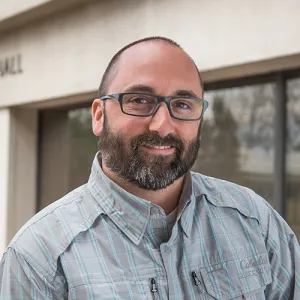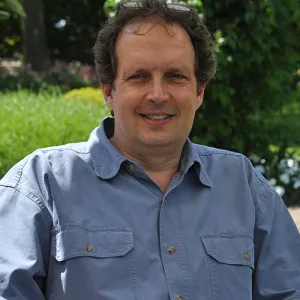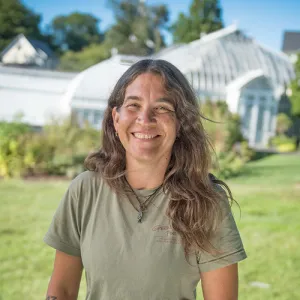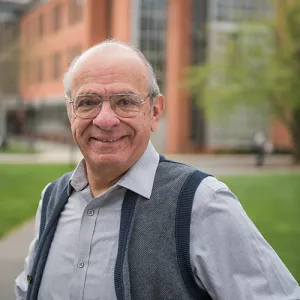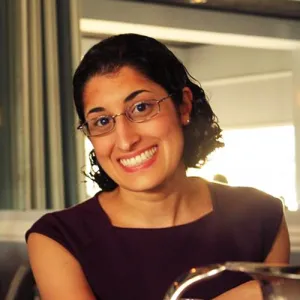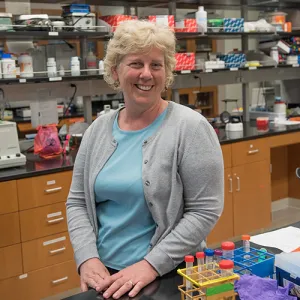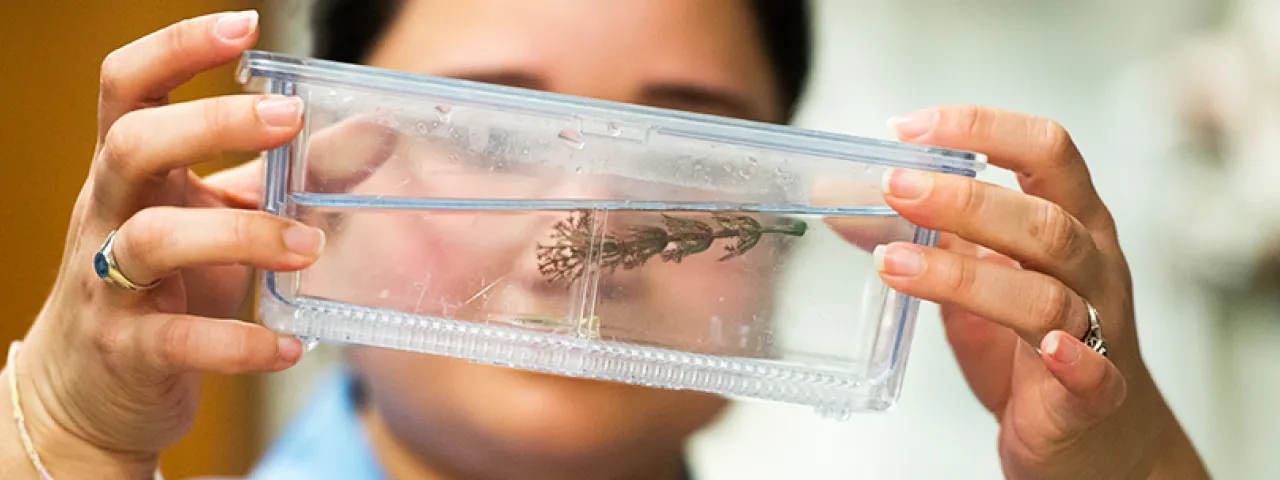
M.S. in Biological Sciences
The Department of Biological Sciences maintains an active graduate program leading to the master of science degree in biological sciences and offers opportunities for original work in a wide variety of fields, including animal behavior, biochemistry, cell and developmental biology, ecology, environmental science, evolutionary biology, genetics, marine biology, microbiology, molecular biology, neurobiology, plant sciences, and physiology.
Requirements & Courses
The master’s program in biological sciences continues and enhances the undergraduate foundation of a number of academic disciplines, including biology, biochemistry, neuroscience, and environmental science and policy. This program focuses on modern methods in both laboratory and field research and requires students to design and implement a thesis demonstrating sophisticated experimental and conceptual approaches to substantive questions in the biological sciences.
Over the course of the program, students are expected to develop:
- A deep knowledge of a life sciences subdiscipline through a faculty-mentored research project.
- The ability to think critically and design rigorous experiments.
- The ability to collect, organize and analyze data.
- Laboratory and/or field research skills using sophisticated instrumentation.
- Read, synthesize and critique primary research articles in their field.
- Enhanced skills in writing and public speaking through presentations in classes, campus research symposia and at regional or national scientific meetings.
With a rich array of courses and access to extensive research resources, graduate students in biological sciences reinforce and expand their knowledge and the experience they need to continue successful careers in the life sciences.
Prerequisites
Applicants to the Biological Sciences Master’s Program are normally expected to have majored in biological sciences or a related field, although the department will also consider applicants who have had some undergraduate work in the field but majored in an unrelated field. Prospective students who are in this latter category should address questions about specific details of their academic background to the director (Jesse Bellemare). With departmental approval, students whose undergraduate preparation in biology is incomplete may make up any gaps in their training through course work at Smith College.
In addition to the courses listed below, graduate students can take courses at the other schools participating in the Five College Consortium, including the University of Massachusetts.
In consultation with the graduate adviser, master’s students at Smith have ample opportunity to build a challenging and appropriate graduate program.
Molecular & Cellular Biology
- Colloquium on Molecular Medicine
- Developmental Biology
- Histology
- Immunology
- Introduction to Biological Fine Structure
- Molecular Biology of Eukaryotic Systems
- Molecular Physiology
- Seminar: Molecular Biology (topics vary)
Tuition & Costs
Fees and aid for graduate students will be based on the number of credits in which the student is enrolled on the 15th day of each semester. After that deadline, fees and aid will be changed only if the Administrative Board gives special permission, and only if the change adds to your total number of credits.
Graduate students enrolled in fewer than 8 credits pay on a per-credit basis at the rate of $2,100 per credit and are not eligible to receive institutional financial aid.
2025–26
| Number of Credits | Cost per Semester |
|---|---|
| 16 and more credits (full-time) | $33,570 |
| 12 to 15 credits (full-time) | $25,200 |
| 8 to 11 credits (part-time) | $16,800 |
All students in the 8- to 11-credit per semester program are awarded a scholarship totaling $33,600. This equals $0 out-of-pocket for tuition.
2025–26
| Direct Billed Costs | Cost (U.S. dollars) |
|---|---|
| Tuition (based on 8 to 11 credits) | $33,600 |
| Health insurance (domestic students may waive) | $3,588 |
| Indirect Costs Not Billed | Cost (U.S. dollars) |
|---|---|
| Living expenses | $14,656 |
| Books, course materials, supplies, and equipment | $800 |
| Transportation (domestic average) | $640 |
| Personal expenses | $8,698 |
| Unsubsidized loan fee (average) | $170 |
Graduate assistants are, first and foremost, graduate students pursuing an education while gaining valuable skills and experience through assistantship roles in association with the faculty and within their field of study. The opportunity to work closely with faculty members and undergraduate students in teaching, research, or administrative environments is an integral part of that education.
Smith College offers graduate assistantship positions to graduate students who provide service to the institution that is part of their academic program.
A student admitted to Smith’s Master of Science in Biological Sciences program will be awarded a graduate student teaching assistantship and a summer research fellowship. This award package includes a teaching assistantship for a full tuition waiver, a monthly stipend, and a fellowship for summer support.
Applying
The Biological Sciences Master’s Program is fully funded: accepted students receive a tuition waiver and an academic year stipend in exchange for work in the department as a teaching fellow assisting with laboratory courses. Students are also eligible for summer stipends and research support.
Before applying, potential applicants should contact two or three faculty members who might be appropriate advisers based on overlap of applicant and faculty research interests. Identification of appropriate laboratories for applicants will help in the application process, as new students will need to be matched with potential faculty mentors. Because of the emphasis on laboratory-based learning in the master’s program, identifying an adviser early on also enables students to start their research soon after arriving at Smith College.
Applicants should plan to submit their application packets, with all required materials, by the January 15 deadline.
If you have questions about the application process, please contact the Office of Graduate & Special Studies or Biological Sciences Master’s Program Director Professor Jesse Bellemare.
Faculty
Contact Department of Biology
Burton Hall 115
Smith College
Northampton, MA 01063
Phone: 413-585-6584 Email: kbeyer@smith.edu
Administrative Coordinator: Katy Beyer
Program Director: Jesse Bellemare
